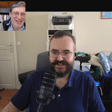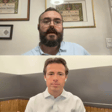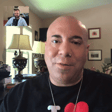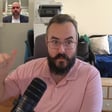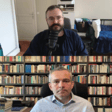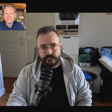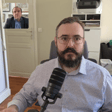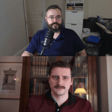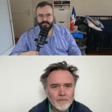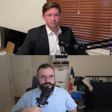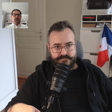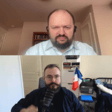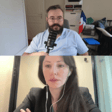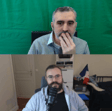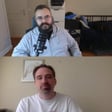
Ep 25 - Clare Morell - "The Tech Exit: A Practical Guide to Freeing Kids and Teens from Smartphones"
On this episode of the Sphere Podcast, Pascal-Emmanuel Gobry, Publisher of Sphere Media, interviews Clare Morell, a Fellow at the Ethics and Public Policy Center and author of "The Tech Exit: A Practical Guide to Freeing Kids and Teens from Smartphones." They talk about the evidence for why smartphones are bad for kids, why things like parental controls and screen time limits aren't enough and you need to just rid your kids of screens (Pascal is skeptical, but Clare makes a convincing argument), how you can start with a 30-day digital detox, what substitutes you can find for your kids, and finally they do discuss some public policy options for protecting our kids from interactive screens.
Subscribe to the PolicySphere Morning Briefing: https://policysphere.com/subscribe
More about Clare's book: https://thetechexit.com
Subscribe to Clare's Substack: https://claremorell.substack.com/
Clare's EPPC scholar page: https://eppc.org/author/clare_morell/
Subscribe to the Sphere Podcast on Apple Podcasts: https://podcasts.apple.com/us/podcast/sphere-podcast/id1780831168
Subscribe to the Sphere Podcast on Spotify: https://open.spotify.com/show/48eWEcxSYDyrgjC3lO0EJZ
Subscribe to the Sphere Podcast on YouTube: https://www.youtube.com/channel/UCB2gs2TBXeP7vyn9QUaaxjQ

